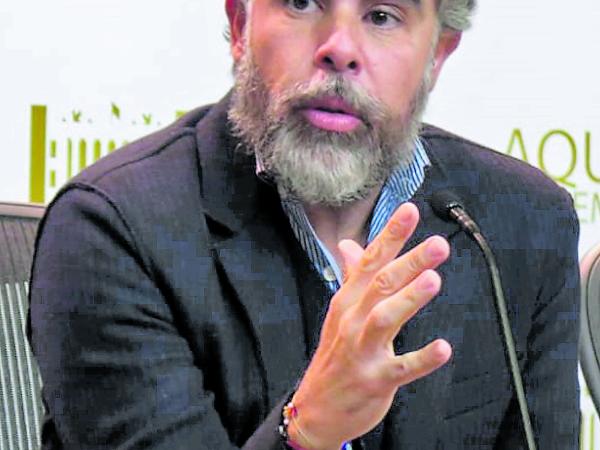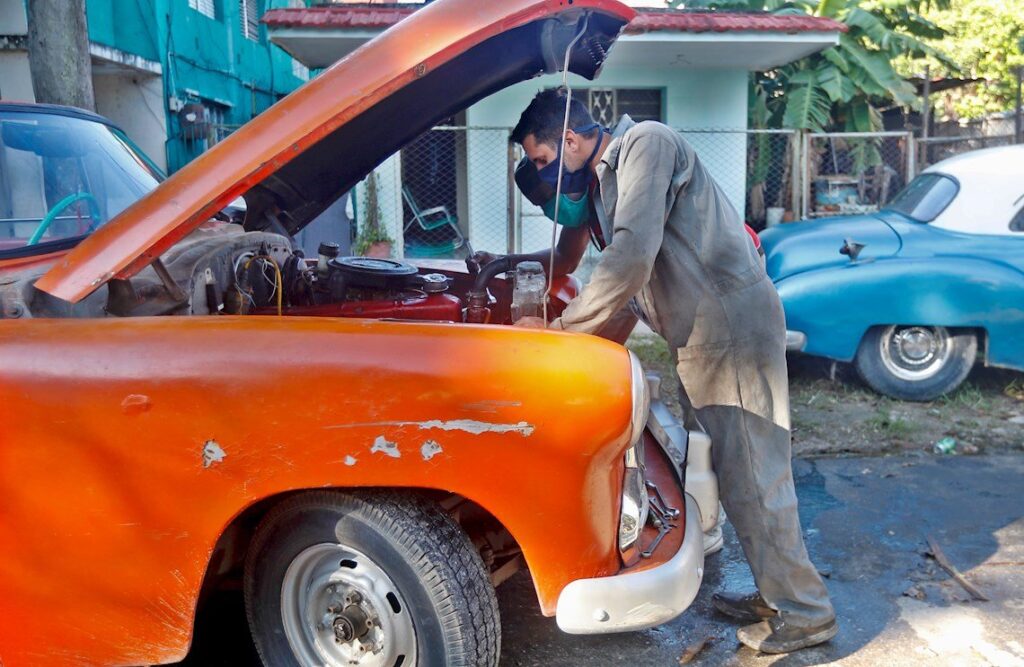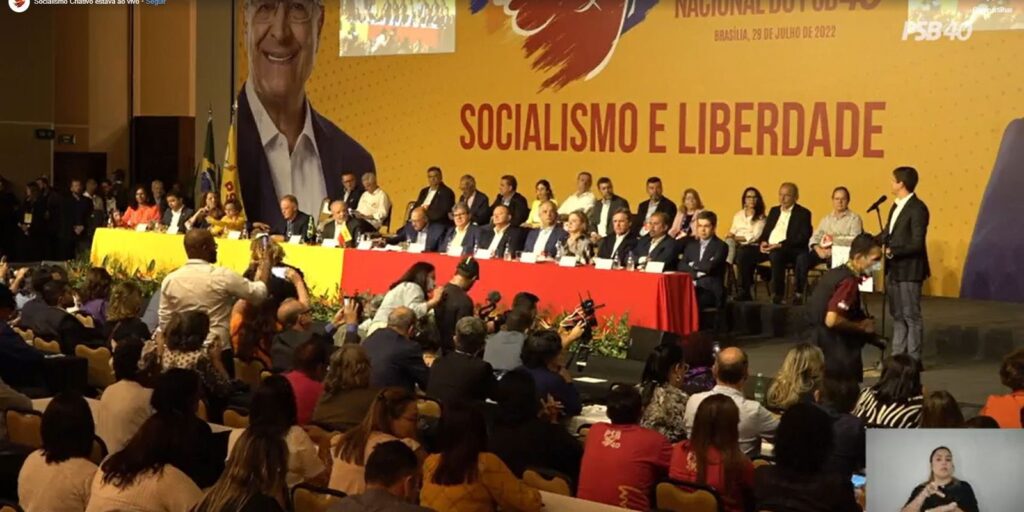Relations with Venezuela and the search for peace with international support occupy a priority place on the agenda of the president-elect of Colombia, Gustavo Petro, who since before taking office has achieved the first advances in both purposes.
(Foreign Ministers of Colombia and Venezuela agree to normalize relations).
Petro, who will be inaugurated as the first left-wing president in Colombia on August 7, has made a commitment to reestablish diplomatic relations with Venezuela that were broken on February 23, 2019 by the president of that country, Nicolás Maduro, as well as well as for resuming the peace negotiations with the ELN suspended since mid-2018.
This Friday, in a meeting he had with ambassadors from Latin America and the Caribbean at the residence of the Chilean ambassador to Colombia, Ricardo Hernández, the president-elect discussed these priorities.
“Undoubtedly, the issue of peace in Colombia is a nerve issue for the entire continent and points to complex problems such as drug trafficking, which has also become a multinational problem with a great outpouring of violence on the continent.”, Petro told reporters after that meeting. And regarding the reopening of the border with Venezuela and the reestablishment of relations, he affirmed that he hopes “an economic revival in the area” and that “Hopefully the cooperatives, the people dedicated to production, regardless of their economic power, get ready to reactivate exchanges that should never have been suspended.”
NEIGHBORS AND FRIENDS
Normalization with Venezuela, which has Colombia a border of 2,219 kilometers, advances faster than expected, as evidenced by the announcement made on Thursday by the Minister of Foreign Affairs of that country, Carlos Faría, and the foreign minister appointed by Petro, Álvaro Leyvathat diplomatic relations will be restored at all levels, with an “immediate” appointment of ambassadors, once the new government is installed.
(Companies, waiting for the rules of the game to return to Venezuela).
According to local media, Petro is considering appointing ex-senator Armando Benedetti as ambassador in Caracas, who was his right-hand man during the campaign, and the elected president, when asked about it, said this Friday that “the possibilities are being studied” and that the designated chancellor “You still have the job of choosing ambassadors.”
“The change in the relationship with Venezuela is quite positive due to three factors: the humanitarian, the economic and the security”said analyst Manuel Alejandro Rayrán, professor at the Faculty of Finance, Government and International Relations of the Externado de Colombia University.
According to the expert, the closure of the border, which began in August 2015, which was followed by the breakdown of relations four years later, led to “the creation of (illegal) border crossings where criminal groups mistreat the population” that is already circulating there”the creation of illicit businesses such as human trafficking”.
“The second reason why it is positive is because of the financial year” since it is a border that lives from trade between the two countries, and the third is the security situation in the area, which worsened with the breakdown of relations. Rayrán explains that “Breaking relations, that there is no communication between the two governments, clearly allowed illegal armed groups to have greater control in that area and strengthened them.”
PEACE NEGOTIATIONS IN THE BEGINNING
Both the opening of the border, the resumption of relations with Venezuela and the support for peace that Petro has begun to collect among the international community represent a 180-degree turn with respect to the position of President Iván Duque on these two issues.
Duque inherited the crisis with Venezuela, which worsened until the rupture of diplomatic and consular relations due to his unconditional support for opposition leader Juan Guaidó when tried to displace Maduro from power by leading a caravan of humanitarian aid that departed from the Colombian city of Cúcuta.
As for the ELN, Duque received from his predecessor some dialogues that began in 2017 in Quito and were transferred the following year to Cuba, where they were suspended and ultimately foundered due to the terrorist attack by that guerrilla against the School of Cadets of the Police in Bogotá that on January 17, 2019 left 22 dead and 68 injured.
The elected vice president, Francia Márquez, who is touring several South American countries, met on Thursday in Santiago with the Chilean president, Gabriel Boric, who offered his country as the venue to host the possible reactivation of the dialogue with the ELN.
“We greet with great joy that today President Boric has expressed not only his willingness to accompany us in this task of achieving peace, but also offers his home, Chile, as the venue for peace talks between the Colombian State and the ELN”assured Márquez on Thursday in an act.
In this regard, Petro said today that he wants to resume the protocol already established in the negotiations that “allows the continuation of the ELN talks there (in Havana)”, but it must be the Government of Cuba that accepts to sponsor the talks again, as well as Norway its role as guarantor or add new ones.
He also pointed out that “Spain has expressed provisions around helping in the Colombian peace process”, in line with the offer from Chile.
With this new vision, the president-elect opens a hopeful stage in the management of two crucial issues for the country’s stability: peace with the ELN and relations with Venezuela.
EFE
















